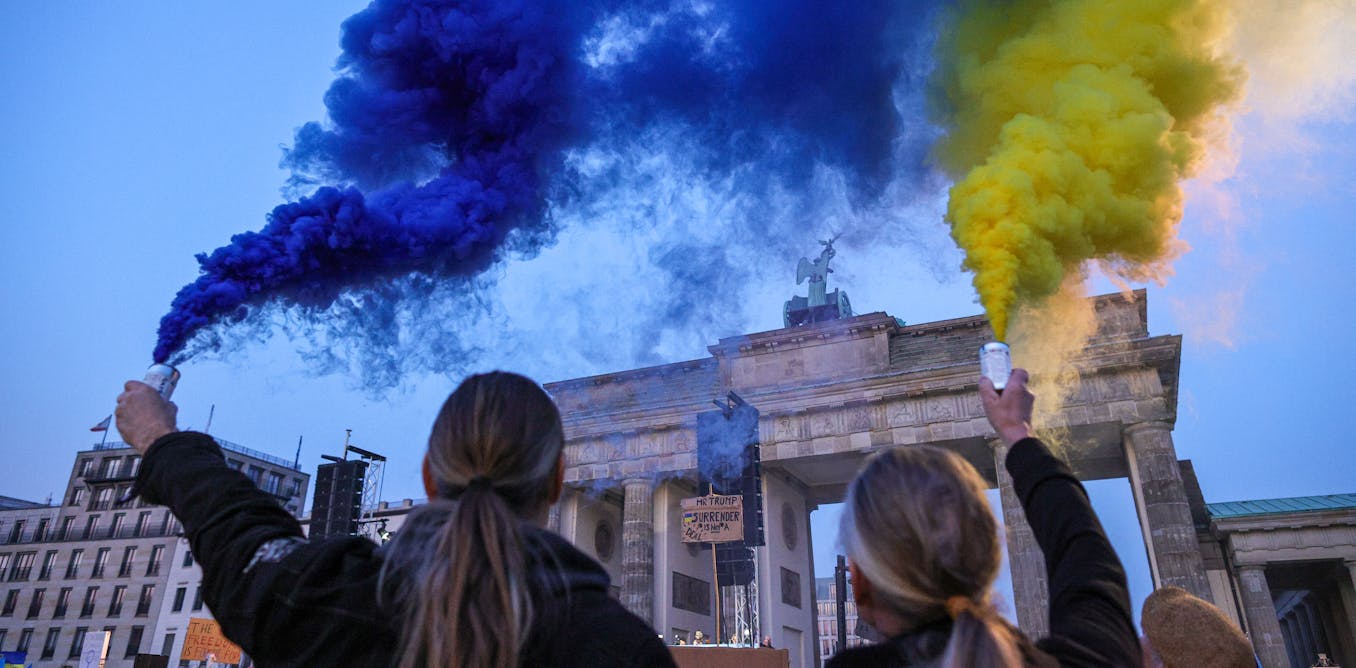Now Reading: Russia’s invasion united different parts of Ukraine against a common enemy – 3 years on, that unanimity still holds
-
01
Russia’s invasion united different parts of Ukraine against a common enemy – 3 years on, that unanimity still holds
Russia’s invasion united different parts of Ukraine against a common enemy – 3 years on, that unanimity still holds

After Russia’s invasion of Ukraine in the spring of 2022, President Vladimir Putin wrongly believed it would be a quick victory. Now, three years later, negotiators from both countries are cautiously considering the possibility of a negotiated exit from the mostly deadlocked conflict. The Kremlin’s initial assessment was flawed, as it underestimated Russia’s military vulnerabilities and miscalculated the support it would receive from Ukrainians in the eastern part of the country with close ethnic ties to Russia.
A recent study on Ukrainian sentiment toward Russia both before and after the invasion supports this assertion. It reveals that even Ukrainians with strong ties to Russia based on ethnicity, language, religion, or location significantly shifted their allegiances right after the invasion. This shift wasn’t temporary, as even three years later, Ukrainians continued to blame Russia for tensions to a degree that was unprecedented before 2022.
The study, which is part of a broader project examining the impact of Russian propaganda on Russian-speaking adults in certain former Soviet states, involved over 1,000 Russian-speaking individuals in Ukraine, excluding Crimea and the breakaway Donbas region for security reasons, and in Belarus. The surveys showed a notable change in perceptions in Ukraine following the invasion, while Belarus maintained a different view due to its divergent geopolitical path.
The survey results indicated a significant shift in blame towards Russia in Ukraine, while Belarus did not experience the same level of unity in geopolitical views. The study demonstrates how a Russian invasion influenced public sentiment in Ukraine and highlights the impact of collective threats in bringing people together to face a common enemy.






